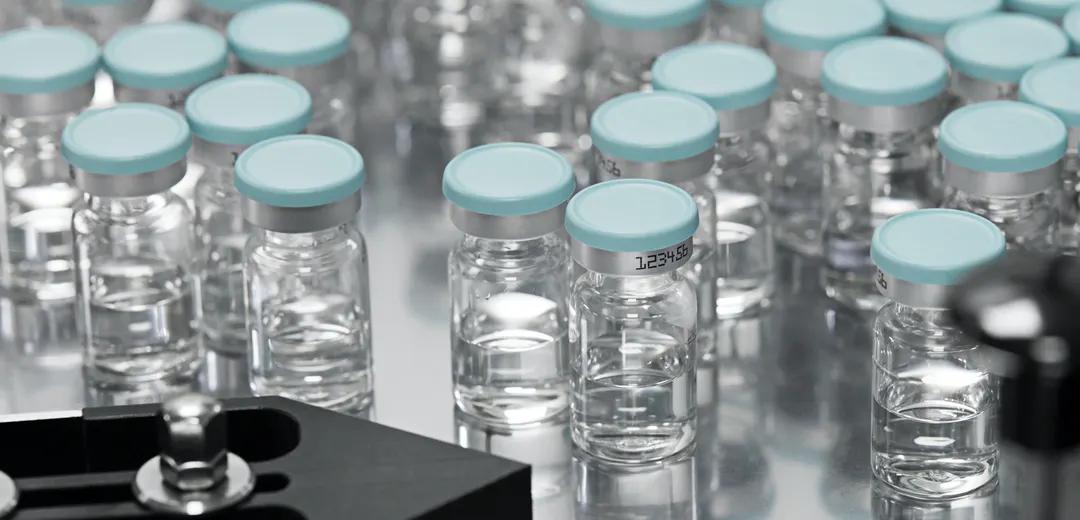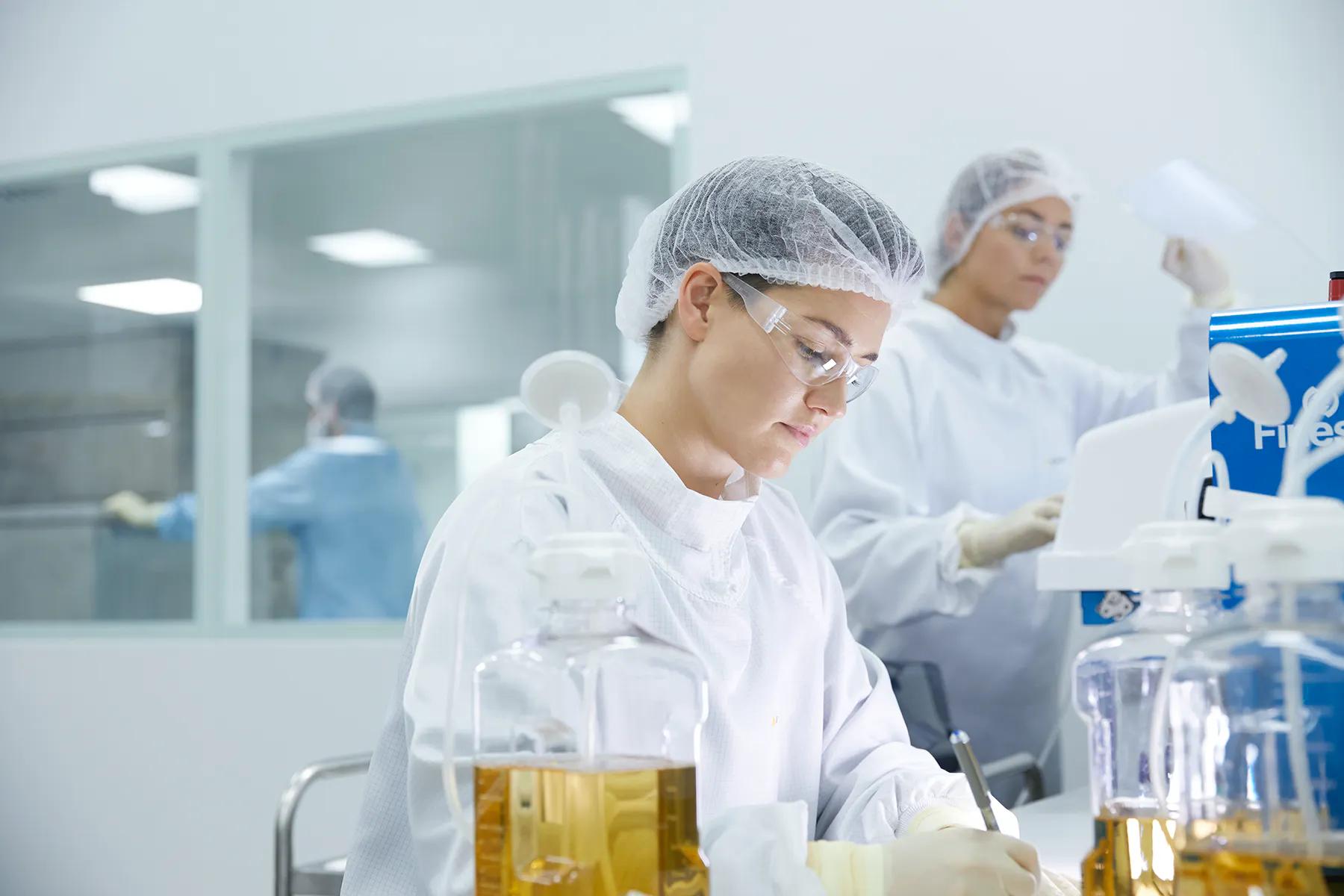- Bone Health
- Immunology
- Hematology
- Respiratory
- Dermatology
- Diabetes
- Gastroenterology
- Neurology
- Oncology
- Ophthalmology
- Rare Disease
- Rheumatology
Alvotech Lines Up Capital for a Biosimilars IPO
Ahead of sales and revenues, Icelandic company Alvotech lines up a massive capital investment and an initial public offering (IPO).
Well known for aluminum, geothermal energy, and horses, Iceland may one day also be known for biosimilars, based on a mega-deal to take Reykjavic-based company Alvotech public with a $450 million investment.
Alvotech has biosimilar candidates under development and regulatory review, but none so far on the market. The company has commercialization deals signed with multiple corporate partners and plans to market biosimilars in at least 90 countries.
The company has signed a merger deal that includes an infusion of cash and a plan to take the company public on the Nasdaq under the symbol ALVO.
Most recently, Alvotech has been known for a legal battle with AbbVie, maker of the world’s best-selling drug adalimumab (Humira). Alvotech is hoping that through a legal struggle rather than a settlement, it can bring its adalimumab biosimilar (AVT02) to market earlier and on better terms than its competitors, many of whom have, in agreement with AbbVie, consented to delayed market entry.
AbbVie, however, is fighting back, contending Alvotech’s high-concentration, citrate-free formulation of adalimumab infringes its patents. Alvotech has also battled with AbbVie over the source of manufacturing information used to develop its adalimumab formulation.
The Merger Deal
Under the deal announced this week, a special purpose acquisition company (SPAC) based in the Cayman Islands, Oaktree Acquisition Corp., will merge with Alvotech, enabling a consolidation of investment funds from various corporate entities such as Suvretta Capital, Athos, CVC Capital Partners, Temasek, Farallon Capital Management, Arctica Finance, Arion Bank, and others.
“The combined company will have an implied initial enterprise value of approximately $2.25 billion and will be well positioned to continue investing in the growth of its biosimilar pipeline,” Alvotech said in a statement. Although an eventual listing on the Nasdaq is intended, a target date for the initial public offering was not announced.
Corporate Strategy
Alvotech was founded in 2013. The company’s strategy so far has been to concentrate on developing biosimilar candidates and the manufacturing capacity to support commercialization of these agents once regulatory approvals have been secured. Rather than handle the marketing itself, the company has established multiple partnerships with companies better positioned to secure market share around the globe.
In this respect the company is pursuing a plan that is opposite to one announced by recent Merck spinoff Organon, which is using its marketing expertise to sell biosimilars and is leaving the development of biosimilar candidates to its partner Samsung Bioepis.
Although 8 years old, Alvotech is very much a development-stage company. The company is funded largely by investor capital.
Biosimilars are highly similar in terms of safety and efficacy to the brand-name products they reference. In the United States there are 21 on the market, mostly in oncology treatment categories, but also in rheumatology, ophthalmology, and endocrinology. Newly launched biosimilars in the United States have been capturing market share at a faster rate than earlier ones, and the adalimumab market remains wide open for biosimilar competition, as the 6 FDA-approved biosimilars will not launch before 2023. The first, Amjevita (Amgen), will launch in January 2023.
The importance of the US market for adalimumab is illustrated by the revenues Humira earned in 2020: roughly $20 billion worldwide and $16 billion in the United States. The cost of a year’s treatment with adalimumab has been pegged at $77,000.
At the November 2021 Association for Accessible Medicines GRx+Biosims conference, Anil Okay, chief commercial officer for Alvotech, delivered an overview of the company's business model and plans for AVT02, which would likely be the first of the company's biosimilar candidates to come to maket, assuming a successful resolution of the litigation with AbbVie.
In September 2021, the product candidate received a positive opinion from the European Medicines Agency, whose recommendations for marketing approval are weighed by the European Commission for a final regulatory decision. The FDA also is reviewing AVT02 for possible approval.
Adalimumab Competition
Adalimumab products, for the treatment of autoimmune and inflammatory conditions, are on the market in the European Union, and it’s possible AVT02 could launch there much sooner than in the United States, where Alvotech must undergo a nearly year-long court process to resolve patent issues with AbbVie.
The company is banking on the high-concentration, citrate-free formulation of AVT02, but also the potential for interchangeable status in the United States, which would enable much freer substitution by pharmacists. Alvotech has subjected AVT02 to a clinical trial to demonstrate outcomes are the same if patients switch between Humira and AVT02.
“We believe we are the first company to have demonstrated bioequivalence of repeated switches between a proposed high concentration adalimumab biosimilar and Humira,” Okay said at GRx+Biosims.
Various other companies hoping for a piece of the adalimumab pie in the United States are jockeying for position even though market entry for most is a year off. In addition to the 6 FDA-approved adalimumab biosimilars, several more are under development.
Some companies are developing high concentration formulation products, some are going for the interchangeable designation, and some are also offering citrate-free formulations, which reduce pain upon injection. Cyltezo, a Boehringer Ingelheim adalimumab biosimilar, received an interchangeable designation in October 2021 and is citrate free, although its concentration is low (50 mg).
Okay said at GRx+Biosims that Alvotech is comfortable with its competitors’ maneuvering and remains confident in its strategy: “We have seen recent reports some competitors are just now trying to invest in interchangeability. It's great. Alvotech made this decision very early.”
To support its commercial growth, Alvotech has developed a research and development and manufacturing infrastructure that spans multiple geographic borders. “Beyond our Iceland facility, we also have very strong R&D capabilities in 2 locations in Germany. We also have our US base in Arlington, Virginia. On top of that, we are also building a second manufacturing site in China, which is going to help to ensure our medicines reach patients, not only in the European Union and US regions, but also in Asian countries,” Okay said.
Alvotech is also developing an ustekinumab (Stelara) biosimilar for the treatment of Crohn disease, ulcerative colitis, plaque psoriasis, and psoriatic arthritis. Clinical studies for the ustekinumab candidate, AVT04, were initiated in July 2021. The company also intends to bring other biosimilars to market, but these have not reached the clinical stage.
Newsletter
Where clinical, regulatory, and economic perspectives converge—sign up for Center for Biosimilars® emails to get expert insights on emerging treatment paradigms, biosimilar policy, and real-world outcomes that shape patient care.


